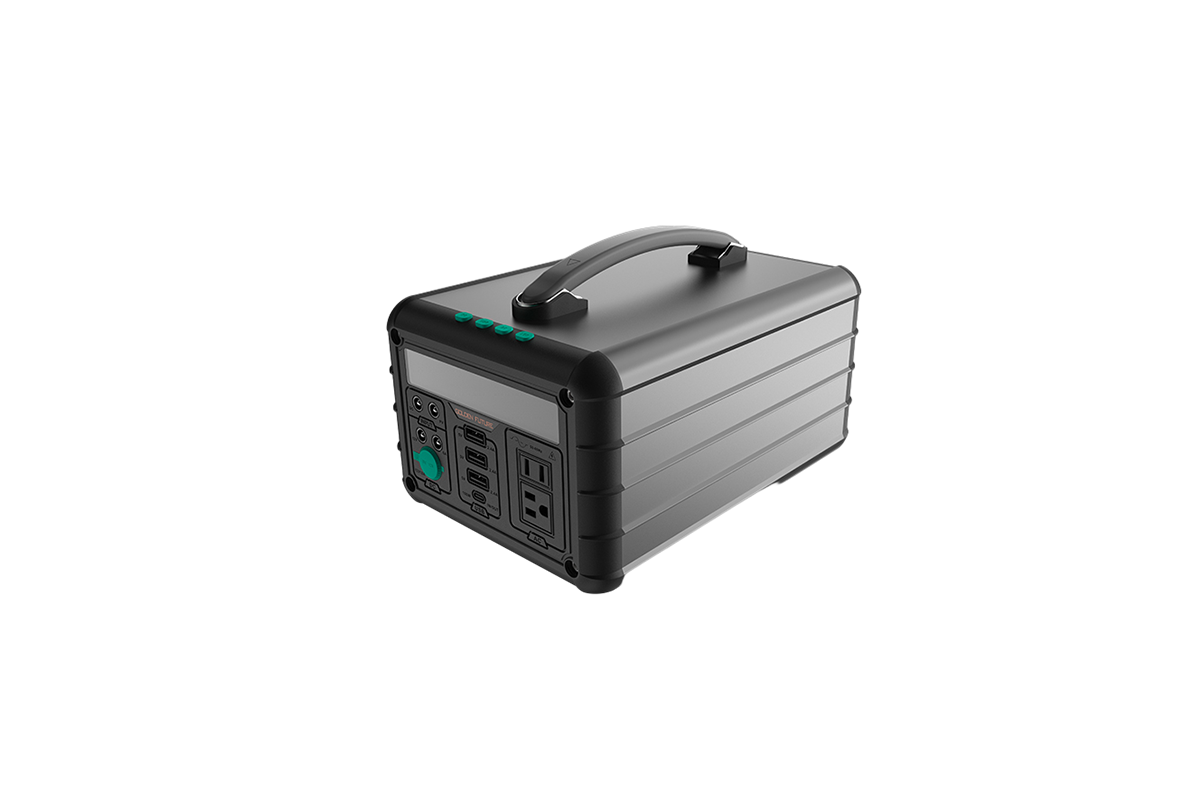

Time:2025-02-27 Views:1

Lithium - ion energy storage batteries have gained significant popularity in recent years, and one of their most remarkable features is their environmental advantages.
Firstly, lithium - ion batteries are relatively free from heavy metals that are highly toxic to the environment. In contrast to lead - acid batteries, which contain large amounts of lead, and nickel - cadmium batteries, which have cadmium, lithium - ion batteries do not have these extremely harmful heavy metals as their main components. This greatly reduces the potential environmental pollution during the production, use, and disposal of the batteries. For example, lead is a well - known pollutant that can contaminate soil and water sources if not properly managed. When lead - acid batteries are discarded in landfills or incinerated without proper treatment, lead can leach into the environment, posing a serious threat to human health and ecosystems. Lithium - ion batteries, by not containing such highly toxic heavy metals, eliminate this major environmental concern.
Secondly, lithium - ion batteries have a relatively long lifespan. A high - quality lithium - ion battery can typically be charged and discharged hundreds or even thousands of times before its performance significantly degrades. This long - term usability means that fewer batteries need to be produced and discarded over time. In comparison, some traditional battery types may have a much shorter lifespan, leading to more frequent replacements and thus generating more battery waste. Reducing the overall number of batteries in the waste stream is a significant step towards environmental protection, as it decreases the environmental impact associated with battery production and disposal processes.
Moreover, the recycling process of lithium - ion batteries is becoming more and more efficient. With the development of recycling technologies, a large proportion of the lithium, cobalt, nickel, and other valuable materials in lithium - ion batteries can be recovered and reused. This not only reduces the need for raw material extraction, which often causes environmental damage, but also helps to close the material loop, making the battery industry more sustainable.
Read recommendations:
Recycling of Nickel - Cadmium Batteries